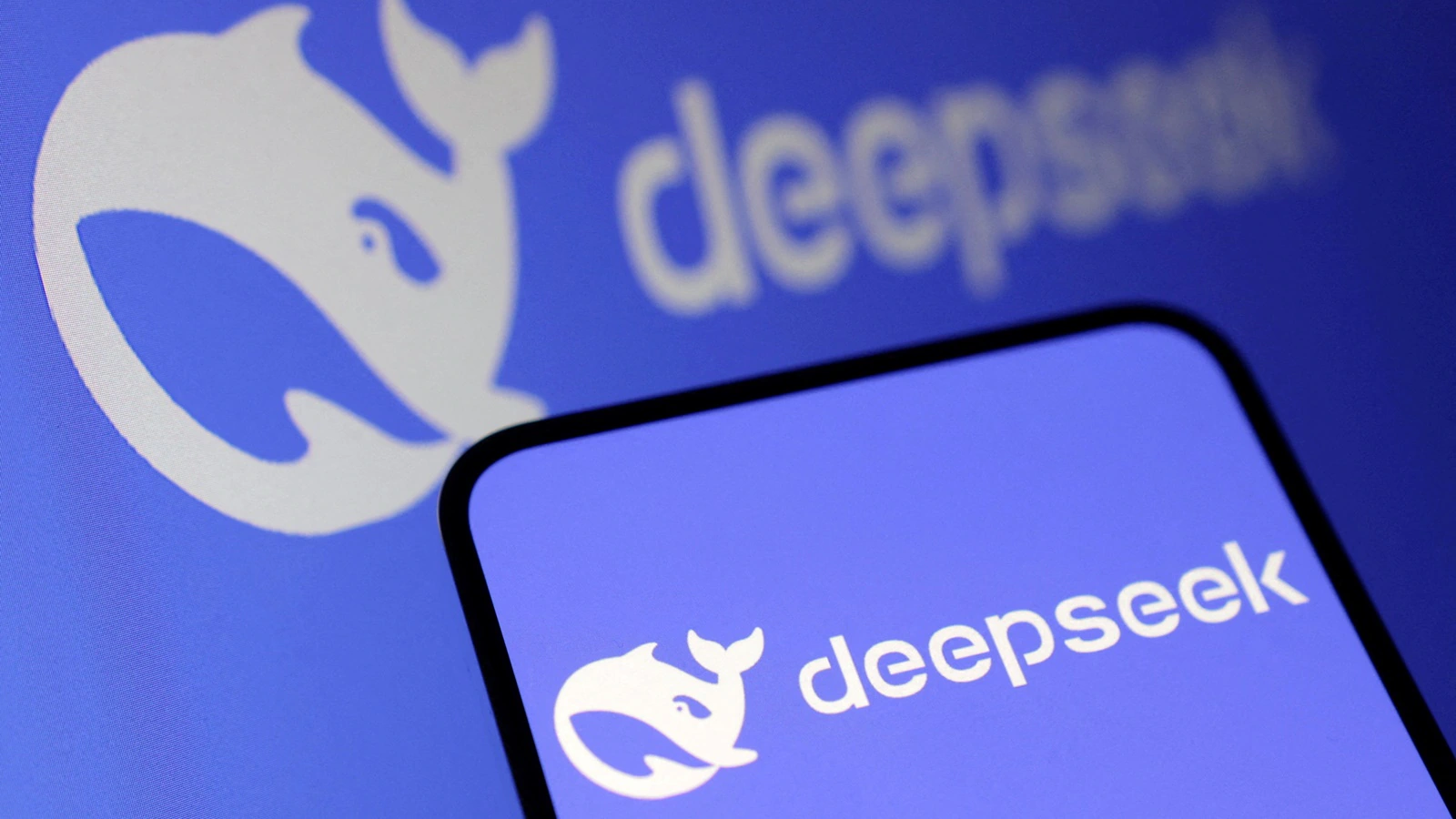Recently, a report from the BBC alleging potential concerns about artificial intelligence and its implications has drawn a public response from Apple. The tech giant, widely respected for its innovation and rigorous commitment to privacy, has addressed these allegations head-on to clarify their stance and reassure its audience.
Key Points in the BBC’s Claims
The BBC’s claims revolved around the advancement and usage of artificial intelligence (AI) in several tech corporations. Concerns arose around ethical missteps, such as potential bias in AI algorithms, misuse of personal data, and the lack of accountability in decision-making processes. These issues, combined with a lack of transparency and significant potential impacts on consumers, placed Apple squarely in the spotlight due to its prominent role in shaping the AI landscape and its influence within the tech industry.
Apple’s Response
Apple swiftly countered the claims, showcasing their dedication to responsible AI practices. “Privacy is a fundamental human right,” an Apple spokesperson stated, underscoring their commitment to safeguarding user data. They detailed how artificial intelligence features in their products are built with privacy and security at their core. For instance, Face ID processes facial recognition data exclusively on the device, ensuring that sensitive information stays local. Similarly, the Photos app uses machine learning to organize and curate images directly on the device, preventing data from being shared externally, all aimed at providing an enhanced user experience without compromising private data.
One notable example comes from the Health app: Apple uses AI-powered notifications to monitor physical activity, heart rates, and possible irregularities, all while ensuring this sensitive information is securely processed on the device itself. They have also highlighted advancements like personalized Siri suggestions, which are enabled without collecting extensive data from user interactions.
“We are committed to creating technologies people can rely on,” Apple stated, reaffirming their commitment to both innovation and ethical standards.
Strategic Reassurance
To provide further assurance, Apple pointed to the level of transparency in their AI development processes and collaboration with global ethics networks on artificial intelligence. Internally, Apple conducts extensive reviews, such as engaging third-party audits and consulting with independent ethics committees, to validate that its technologies align with ethical standards and societal expectations.
Apple also shared an example involving seamless iPhone-to-AirPods functionality: machine learning allows dynamic user optimization while ensuring audio data is never shared externally. These types of features reinforce Apple’s position as a leader in privacy-first innovation.
Industry Impact
This discussion between the BBC and Apple can be seen as a landmark in the broader debate regarding the benefits and responsibilities of AI in modern life. Apple’s detailed response, paired with specific examples of privacy-conscious AI integration, may influence other companies to adopt similar standards or improve accountability.
The controversy underscores the importance of open communication between media outlets and corporations, pushing the global tech industry towards practical and ethical innovation benchmarks.
Conclusion
Apple’s rebuttal to the BBC’s claims underscores their relentless commitment to innovation, customer trust, and best practices in technology ethics. By shining light on their privacy-preserving AI features and offering examples such as on-device data processing and differential privacy techniques, Apple assures both stakeholders and users of their steadfast dedication to responsible development. Such transparency aids in fostering informed discussions around AI’s integration into everyday life.














